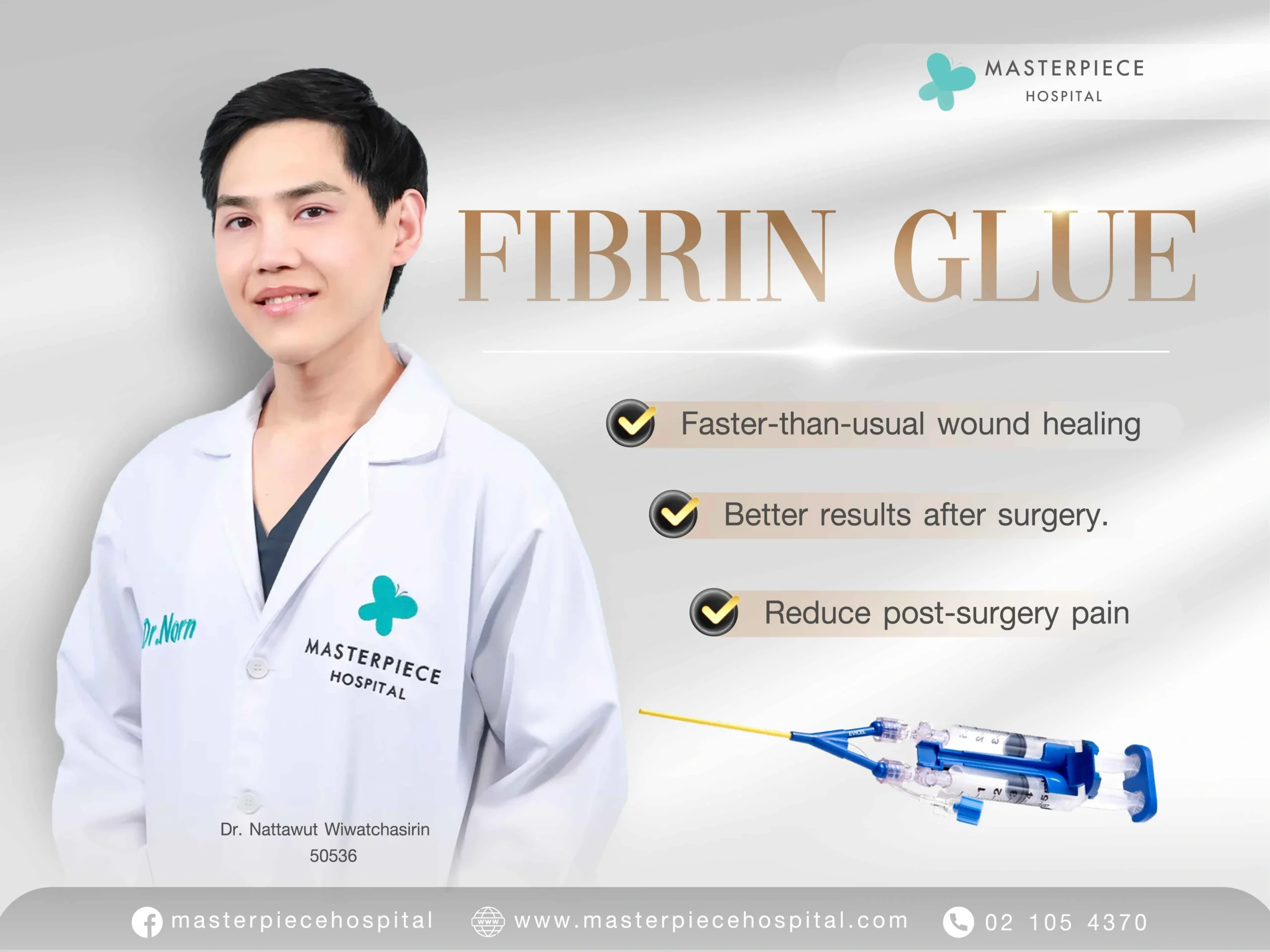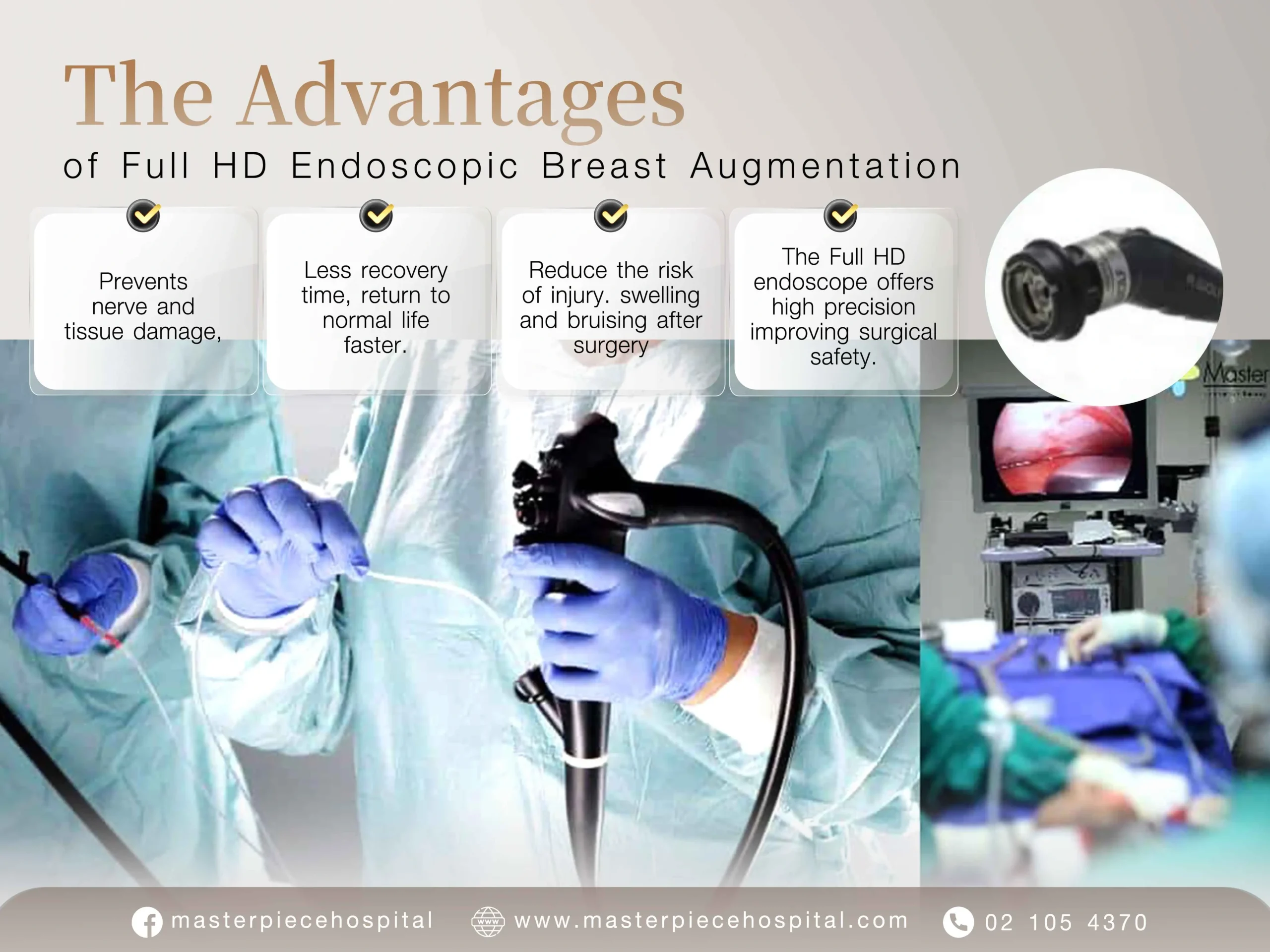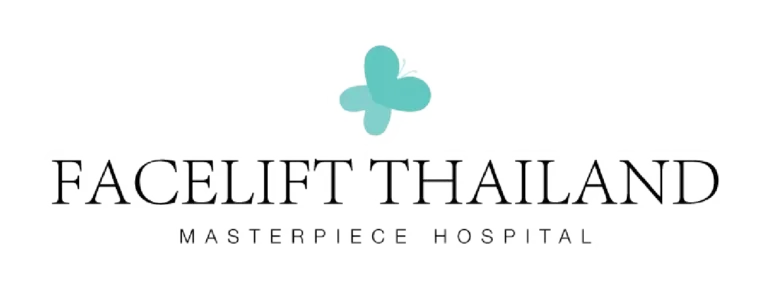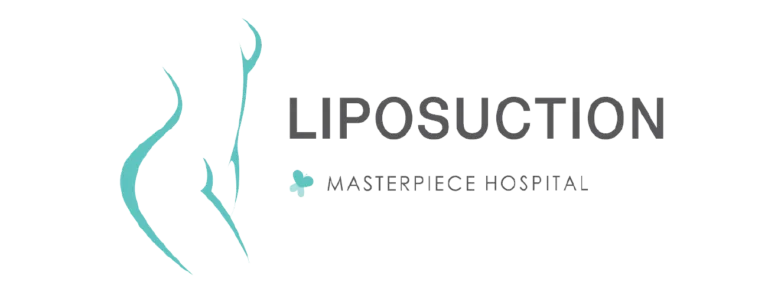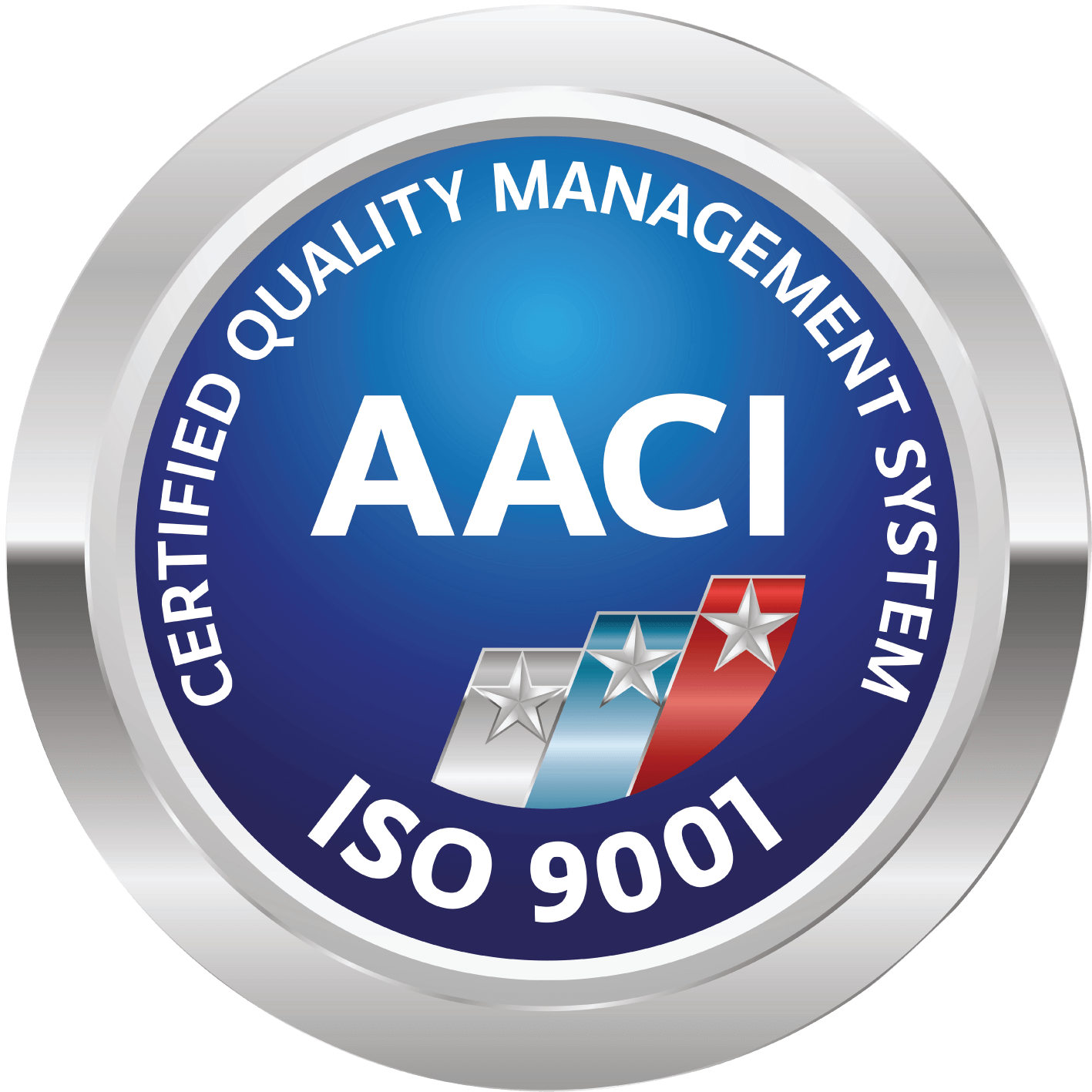Breast Revision Surgery
Correction of wide-set breasts available at Masterpiece Hospital.
Breast Revision Surgery can help many women who have previously undergone breast augmentation but encountered issues such as unsatisfactory results, capsular contracture, asymmetrical breasts, or breasts that are too far apart, loose, or sagging. With the advancements in modern technology, many individuals choose to undergo corrective procedures to enhance their confidence. However, Breast Revision Surgery is generally more complex than the initial augmentation.
Therefore, seeking correction services from a certified hospital and consulting with experienced specialists is essential. The surgeon will thoroughly assess the existing issues, analyze the situation, and recommend the most suitable corrective approach to achieve the best possible results.
Factors That Necessitate Breast Revision Surgery
- Double Bubble Breast Deformity: It often occurs in cases where breast augmentation surgery is performed using silicone that is larger than the body size, causing the breasts to exceed the lower edge and create a new breast fold that is lower than the original natural fold, making the breasts look like two layers of waves.
- The formation of hard, constricting scar tissue around the breast implant is called capsular contracture. If the scar tissue becomes too thick, it can alter the shape of the breasts, making them look unnatural. Additionally, the breasts may feel firmer to the touch, and in some cases, this condition can cause pain or discomfort.
- Breast size asymmetry: Naturally, breasts aren’t perfectly symmetrical. However, after breast augmentation, the difference in size may become more noticeable. This can be caused by various factors, such as an improper fit between the implant and the surrounding tissue or implant displacement.
- Breast sagging can alter the original shape of the breasts, leading to the need for corrective surgery to restore a more aesthetically pleasing appearance.
- Dissatisfaction with the current shape or size of the breast implants may lead to the desire for corrective surgery to either increase or decrease the implant size or change the shape of the implant.
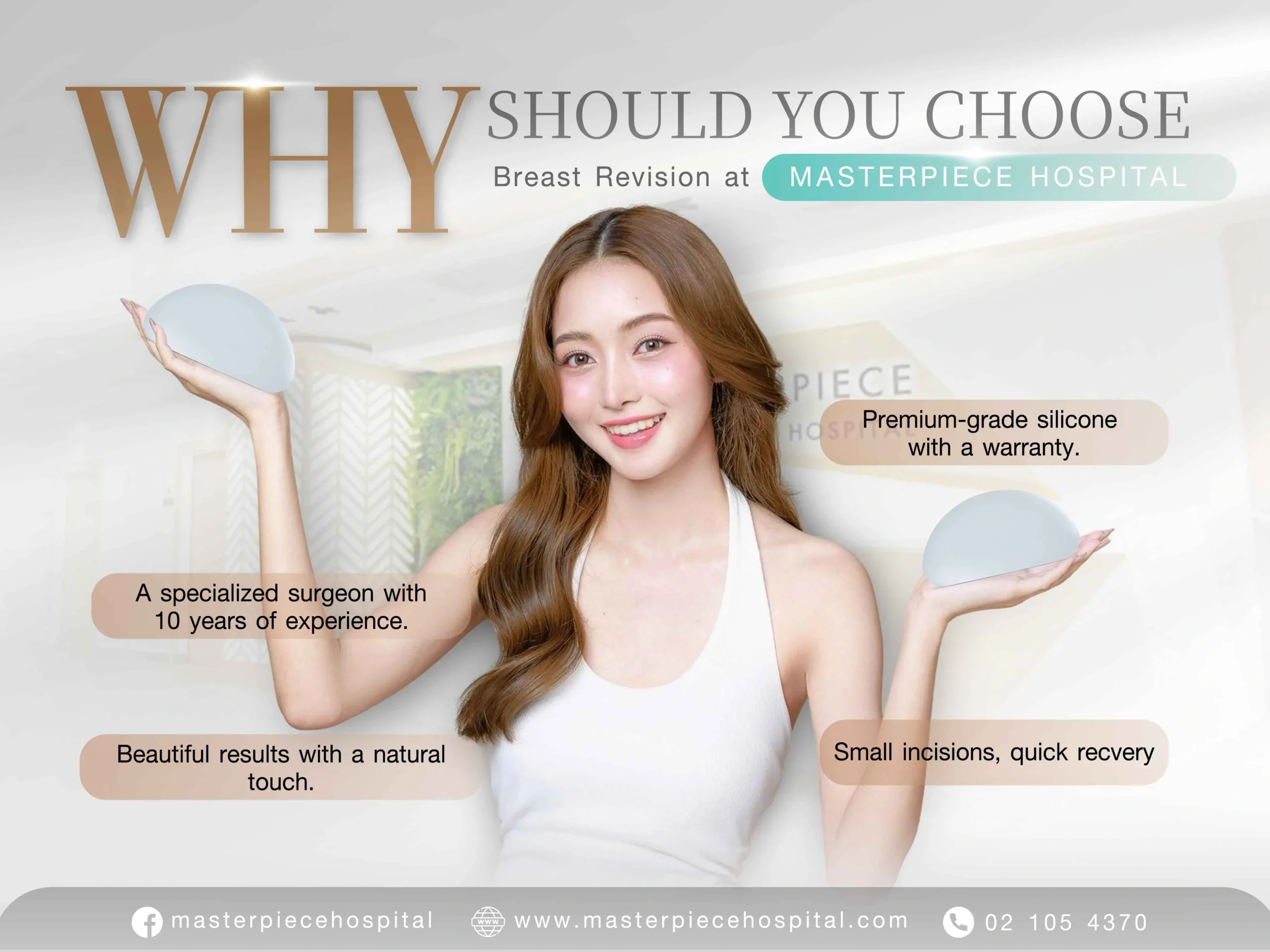
Preparing for Breast Revision Surgery
- Inform the doctor about any chronic illnesses, medications for chronic conditions, surgical history, drug allergies, or food allergies (if you have medical records from a hospital, please bring them on the consultation day or notify them in advance before scheduling surgery).
- Patients taking blood thinners, medications that affect blood clotting, NSAIDs (non-steroidal anti-inflammatory drugs), or other medications for chronic conditions should consult with the doctor before surgery or inform the doctor in advance before scheduling surgery.
- Refrain from taking any vitamins or supplements, such as vitamin E, fish oil, ginkgo biloba, grape seed extract, ginseng, etc., at least 1 month before surgery.
- Don’t drink water or eat any food for 8 hours before surgery.
- It is recommended to wash your hair thoroughly before the surgery day and avoid wearing makeup on the day of surgery. Don’t wear contact lenses on the day of surgery; if you have vision problems, wear eyeglasses instead.
- Remove all jewelry, such as earrings, necklaces, rings, and other accessories, on the day of the surgery. If you can’t remove any jewelry, inform the staff.
- Refrain from smoking at least 4 weeks before and after surgery, as substances in cigarettes reduce oxygen levels in the blood and damage cells responsible for wound healing. This can decrease blood flow to the surgical area, leading to oxygen deprivation, slower healing, and a higher risk of infection.
- Avoid alcohol consumption 1-2 days before surgery and continue abstaining for at least 1 week after surgery.
- Before the surgery, clean your fingernails and toenails thoroughly, and refrain from applying nail polish or having artificial nails.
- Patients must undergo blood tests at the hospital at least 5-7 days before surgery (if you are unable to visit the hospital, you may submit blood test results).
- For patients over 45 years old, a health checkup report and a doctor’s certificate are required before surgery (depending on the doctor’s discretion).
- Prepare yourself mentally for the surgery. Do not be overly anxious, and be aware that after surgery, swelling, bruising, and changes to the appearance of the face or other treated areas may occur. It will take time for the wounds to heal and for you to get accustomed to your new appearance.
Aftercare
- Don’t let the surgical wound come into contact with water until the stitches are removed. If the wound gets wet, gently pat it dry each time.
- After surgery, the doctor will schedule a follow-up for stitch removal 7 or 14 days later (depending on the doctor’s assessment). You can clean the wound by gently wiping it with Betadine or saline solution once or twice a day, in the morning and evening.
- Sleep with your head elevated and lie on your back during the first 1-2 weeks after surgery. Avoid sleeping on your side or stomach, as sleeping on your back helps keep the silicone implants in the proper position.
- Don’t lift anything heavier than 1 kg during the first 3 weeks. You can drive after 1 week post-surgery.
- Wear a support bra for at least 1 month after breast augmentation surgery.
- Avoid exercising during the first 3-4 weeks, as this could cause bleeding. You can resume normal exercise after about 1 month.
- You can apply scar-reducing creams after the wound has fully healed, which may help the scar fade more quickly (consult your doctor for advice).
